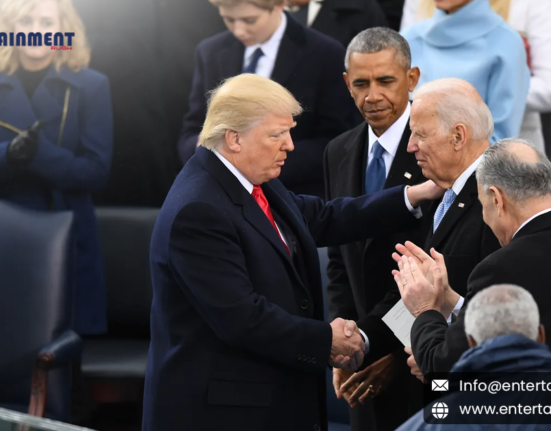Fluctuating Landscapes:
Examining Current Affairs in the United States” provides a nuanced exploration of the ever-changing socio-political and economic terrain within the nation. This succinct description hints at a dynamic analysis of contemporary events, offering insights into the multifaceted issues shaping the American landscape.
In the ever-evolving tapestry of American society, current affairs paint a dynamic picture of the nation’s political, social, and economic landscapes. From the corridors of power in Washington D.C. to the bustling streets of small towns across the country, a myriad of forces shape the current state of affairs in the United States. Let’s embark on a journey to explore some of the key dynamics at play in today’s fluctuating landscapes.
Political Crossroads and Partisan Fractures
At the heart of American current affairs lies a deeply divided political landscape, where partisan tensions and ideological clashes often overshadow governance and policy-making. The nation finds itself at a crossroads, with competing visions for the future driving political discourse and electoral battles. The polarization between Democrats and Republicans has reached unprecedented levels, with each side entrenched in its own echo chamber, amplifying ideological differences and making compromise increasingly elusive. This political polarization not only hampers legislative progress but also fuels social unrest and undermines faith in democratic institutions.
Social Movements and Cultural Shifts
Against this backdrop of political division, the United States is witnessing a surge in social movements and cultural shifts, driven by grassroots activism and calls for social justice. Movements like Black Lives Matter, LGBTQ+ rights, and climate activism are challenging entrenched power structures and advocating for systemic change. These movements reflect a growing awareness of social injustices and a desire to address systemic inequalities that have persisted for generations. They represent a seismic shift in American society, reshaping the national conversation and inspiring individuals to stand up and demand change.
Economic Challenges and Inequities
Economic concerns continue to weigh heavily on the minds of Americans, as the country grapples with income inequality, job insecurity, and the lingering effects of the COVID-19 pandemic. While the economy has shown signs of recovery, millions of Americans remain unemployed or underemployed, struggling to make ends meet in an increasingly volatile job market. The pandemic has exacerbated existing inequities, disproportionately impacting marginalized communities and widening the gap between the rich and the poor. Addressing these economic challenges requires bold and comprehensive solutions that prioritize economic opportunity, social mobility, and equitable access to resources for all Americans.
Global Dynamics and Foreign Policy
On the global stage, the United States faces a complex array of challenges and opportunities, from geopolitical rivalries to transnational threats such as terrorism and climate change. The country’s foreign policy decisions have profound implications for international relations and global stability, shaping its relationships with allies and adversaries alike. Issues such as trade, immigration, and military intervention continue to shape America’s role in the world, as policymakers navigate the complexities of an increasingly interconnected and interdependent global landscape.
Navigating Uncertain Terrain
As we navigate the fluctuating landscapes of current affairs in the United States, it is essential to remain vigilant, informed, and engaged. By understanding the dynamics at play in politics, society, economics, and global affairs, we can better navigate the uncertainties of the present moment and work towards building a brighter future for all Americans. Through dialogue, cooperation, and collective action, we can confront the challenges ahead and seize the opportunities to create a more just, equitable, and prosperous society for generations to come.








Leave feedback about this